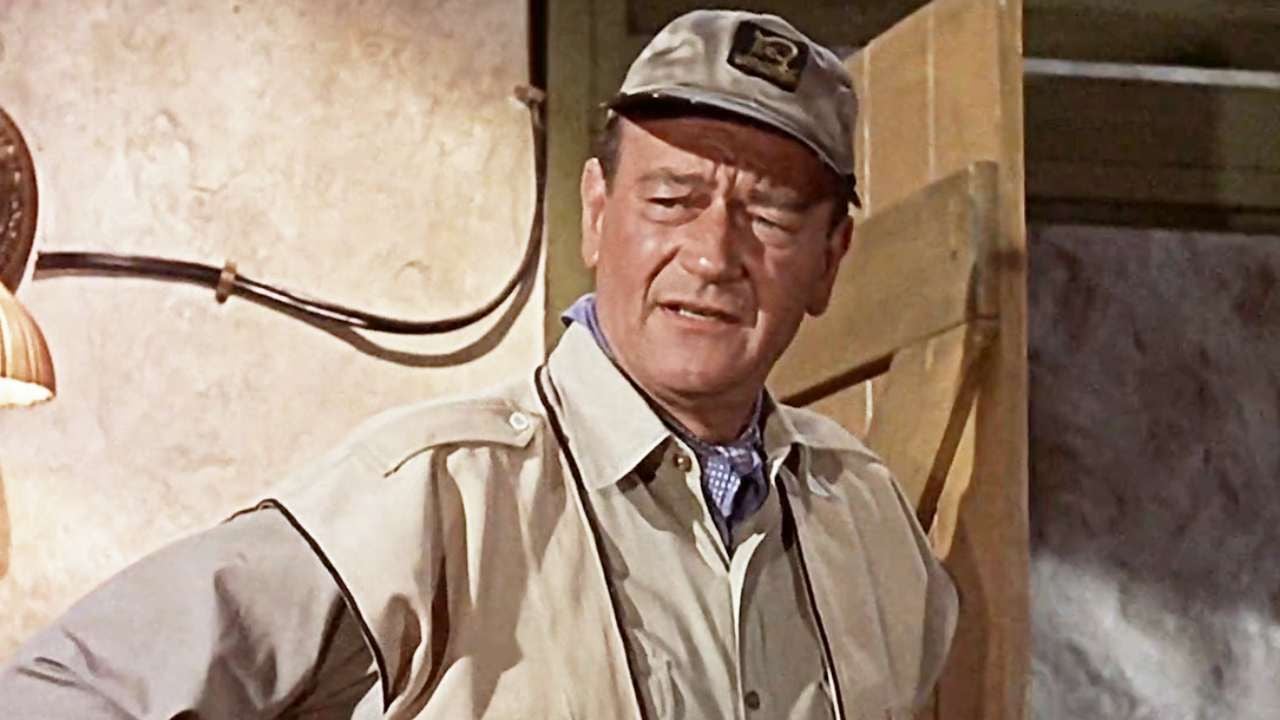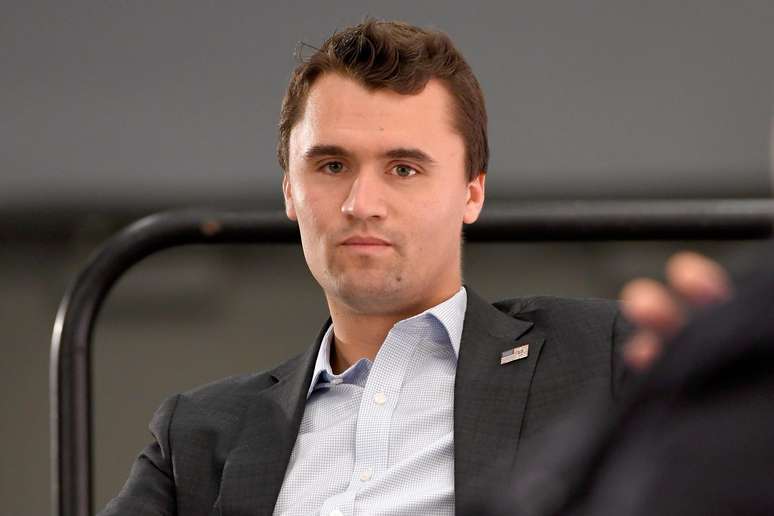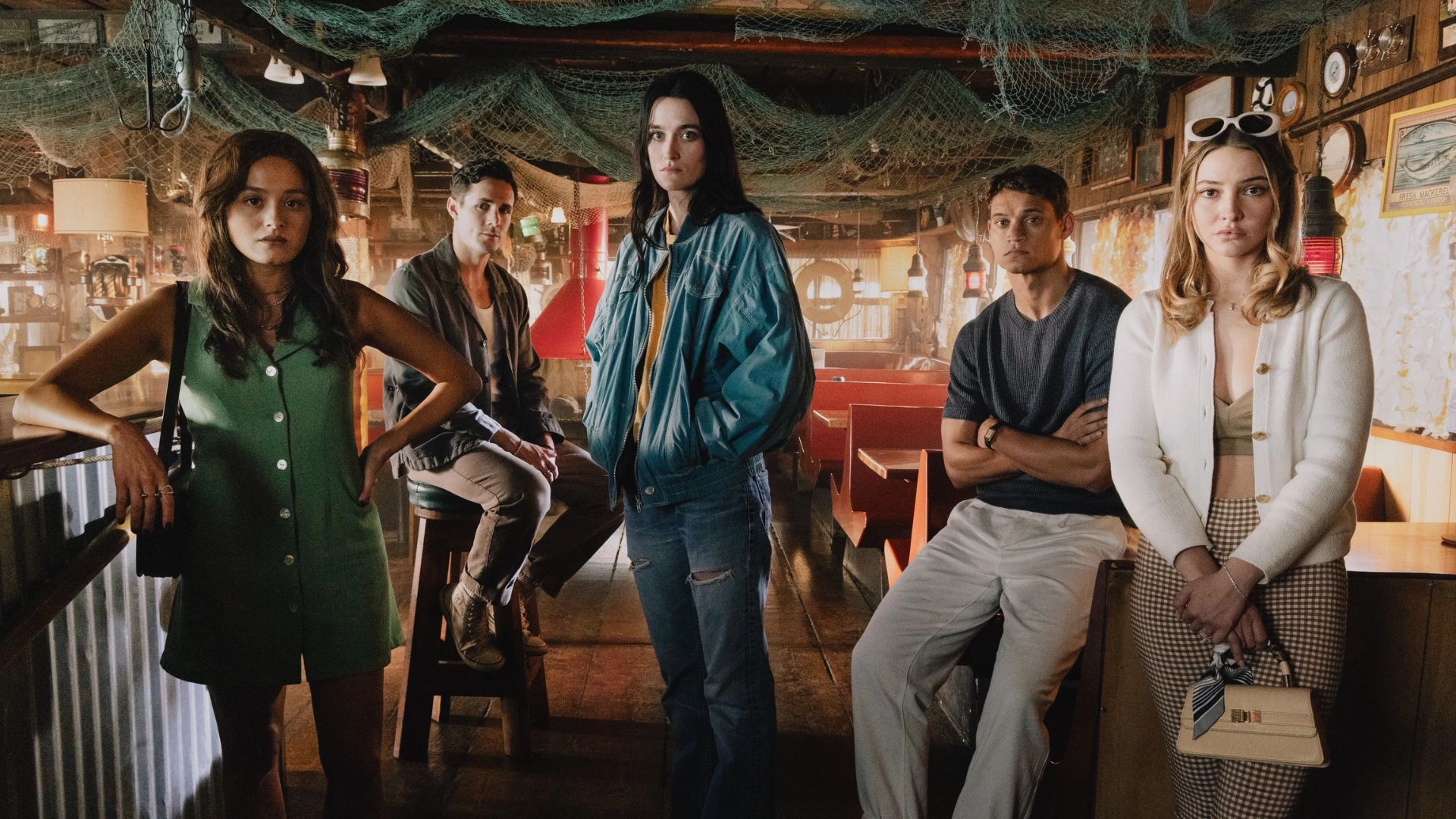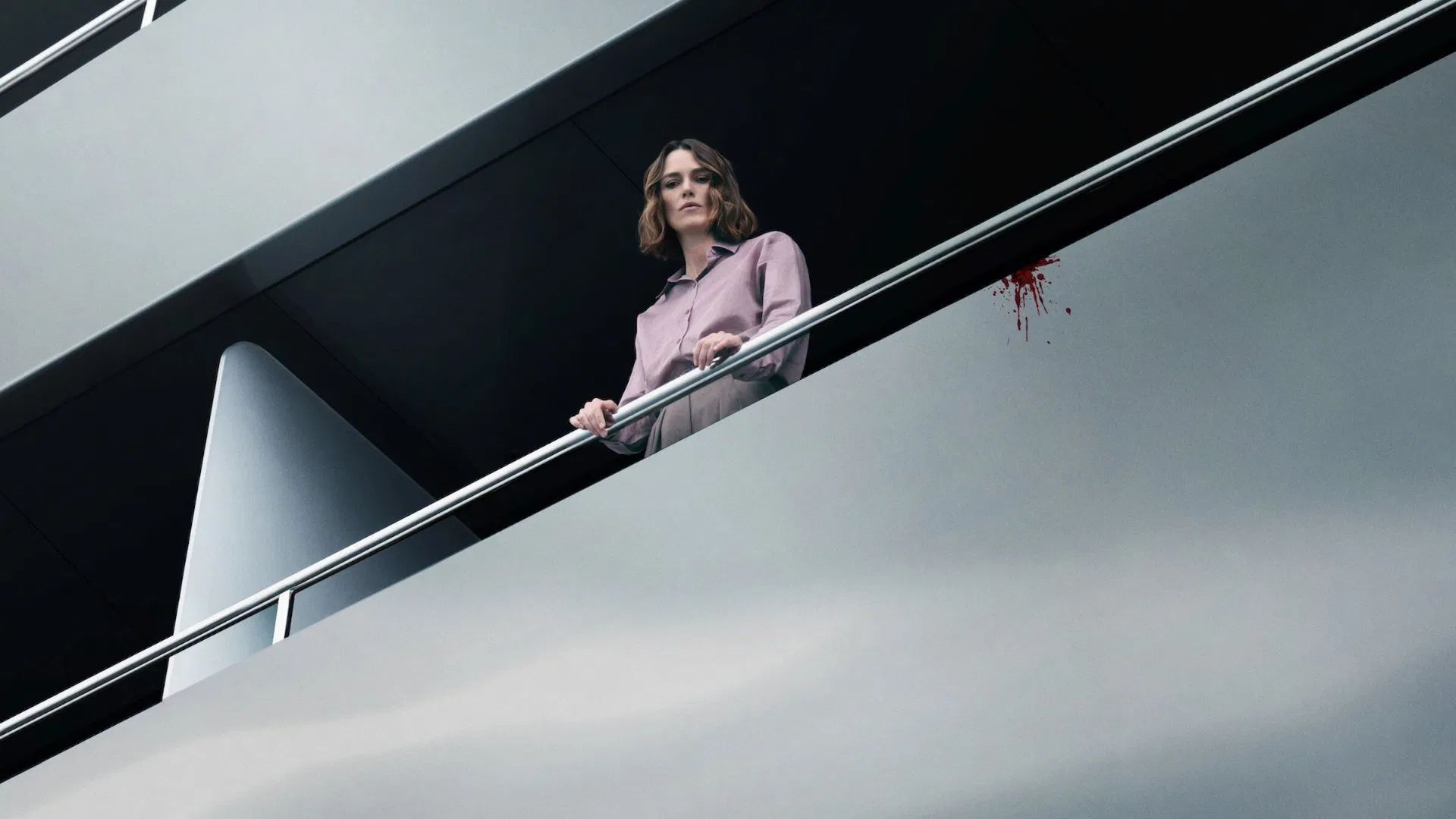This British filmmaker is responsible for some of the best films of the 21st century, from ‘Memento’ to the recent ‘Dunkirk’, through ‘Inception’ or the Batman trilogy.
Who: Impossible not to know him. Christopher Nolan is one of today’s most famous film directors, a controversial personality and author of some of the best commercial film titles ever shot. His career began approximately with the new century, with the impact of ‘Memento’ and, from there, to explore the fields of comics, science fiction and war films. Loved and hated in equal measure, Nolan is able to fit his cinema into a fertile ground between the block buster and auteur cinema, a space with which he has managed to compose some of the most interesting (and disturbing) stories of recent years.
signs of identity: Beyond recognizing in Nolan his complex narrative structures and his taste for playing jumps in time (he rarely falls into linearity), in his films we can recognize a series of fundamental themes. The limits of reality is one of the most recurrent: in ‘Origin’ we enter dreams within dreams, in ‘Insterstellar’ he plays with different dimensions, and in ‘Memento’ the protagonist seems to live in his own universe of forgetfulness and reminder notes. In the Batman trilogy, on the other hand, Nolan enters into deep reflections on honor, responsibility and identity, themes present in one way or another in many of his productions. The result? A stimulating cinema that combines his usual concerns without ever leaving aside his rabid originality and personality.
Philosophy: For this British director, cinema is something as sacred as religion. And we are not only talking about dedicating his life to it as a Buddhist monk, but also about his strict opinion on how it should be consumed: for Nolan, movies have to be seen on the big screen, and platforms like Netflix are fads. Most likely he is wrong, but this shows us a bit of his behind-the-scenes philosophy: he wants to make movies that make a difference, that sit inside and don’t let any viewer escape. Yes, spectacularity is his maxim, but always trying (with greater or lesser success) to make it full of meaning and reflection.
a famous phrase: “Each film must have its own world, a logic and feel that expands beyond the exact image that the public is seeing.“.
a memorable scene:
The spectacular scene of the corridor of ‘Origin’. Partly because it’s amazing how it was done:
Christopher Nolan’s best films
Memento (2000)
Is it possible to make a movie backwards? Well, a Nolan who had just started in the industry thought so, and so he composed one of the most fascinating films of the turn of the century. A monumental script, an unusual narrative and a confusing main character are the elements that make up ‘Memento’, in which a man (Guy Pearce) loses his memory every few minutes and has to manage to warn himself of the dangers around him. An exciting plot in a thriller that exudes tension like few others.

The Final Trick (2006)
For some, Nolan’s best film. Or, at least, the most underrated, since it never appears among the great hits of the British. Seeing his filmography, it is not surprising, but it is never too late to claim it a little. In this film, the director was able to openly play what he does best: magic, plot twists, surprise on the viewer’s face. All that happens on and off the screen with this film starring Hugh Jackman Y Christian balein which we learn that the important thing is always to wait to see what happens at the end.

The Dark Knight (2008)
The Batman trilogy changed the way movies portrayed superheroes. Nolan turned the DC Comics icon into a tormented Bruce Wayne (Christian bale), in a darkened environment and some reflections that crossed the screen. Batman was no longer a man in a suit scurrying against bad guys through the streets of Gotham, but a man hunting his own demons and taking on villains who test his own convictions. And ours. We talk about the Joker (Heather Ledger), one of the most famous bad guys to ever appear on screen, in an Oscar-winning performance that is already a legend in cinema. This is the second part of that saga, but as a whole it is an admirable exercise in elevating superheroism to a higher stage.

Origin (2010)
We could say that it is one of the films mainstream most complex of this century, and we would not be far wrong. Nolan split the city of Paris in two in the multiple parallel realities that this film hides, which through its intricate narrative labyrinths convinces us of the genius of its director and his ability to make us lose our minds. Literally. With 4 Oscars behind it and widespread admiration from the public and critics, ‘Origin’ is already a MUST for contemporary fantastic cinema.

Interstellar (2014)
His foray into science fiction closer to Kubrick and his ‘2001: A Space Odyssey’ still generates the fiercest debates among moviegoers. Nobody doubts that ‘Interstellar’ is a colossal work, although there are those who point to an excess of drama (and footage). Be that as it may, Nolan’s space adventure with Matthew McConaughey, Anne Hathaway Y Jessica Chastain resulted in a fascinating story about humanity and its relationship with time and space. It is visual poetry, for which the British managed to confirm his ‘visionary’ label.

Dunkirk (2017)
It was released just a few weeks ago, but it has already become one of the film events of the year. Shot in 70mm, with craftsmanship from another era, this war film takes us to Dunkirk, where at the beginning of World War II British troops sought to escape the hell of war and the unstoppable advance of the Nazis. Nolan portrays a war that, despite being located in such a specific moment in history, could correspond to any place and time: it is the horror of death, waiting and despair. A masterpiece of the genre from the moment the roar of its bombs becomes another character in the story.
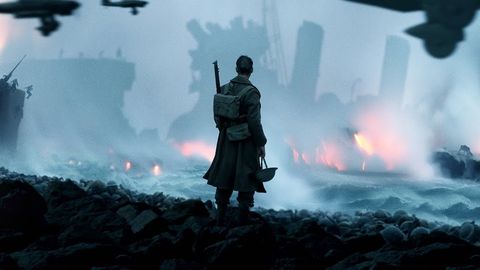
Source: Fotogramas
Camila Luna is a writer at Gossipify, where she covers the latest movies and television series. With a passion for all things entertainment, Camila brings her unique perspective to her writing and offers readers an inside look at the industry. Camila is a graduate from the University of California, Los Angeles (UCLA) with a degree in English and is also a avid movie watcher.


